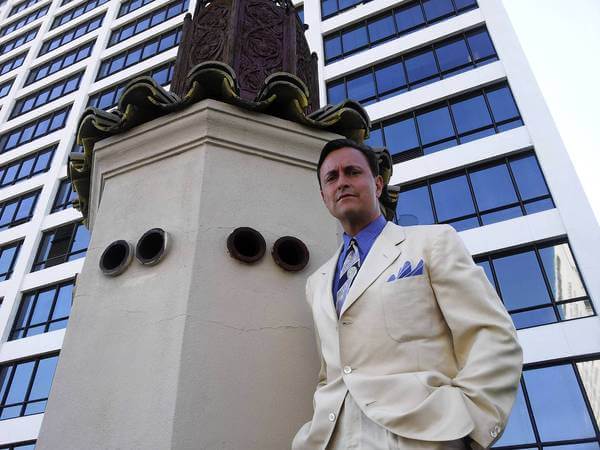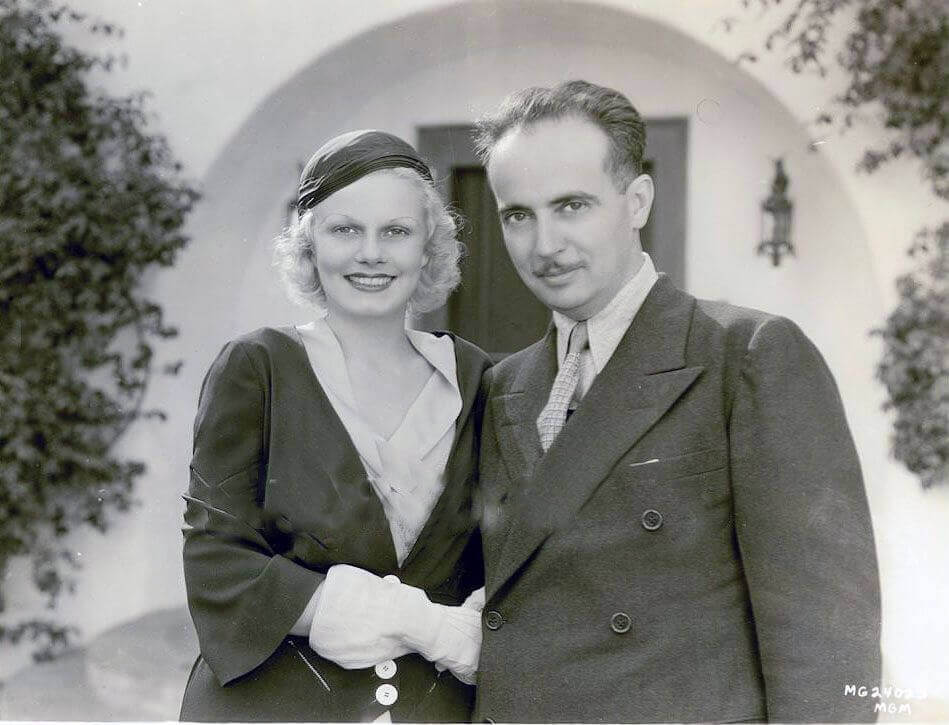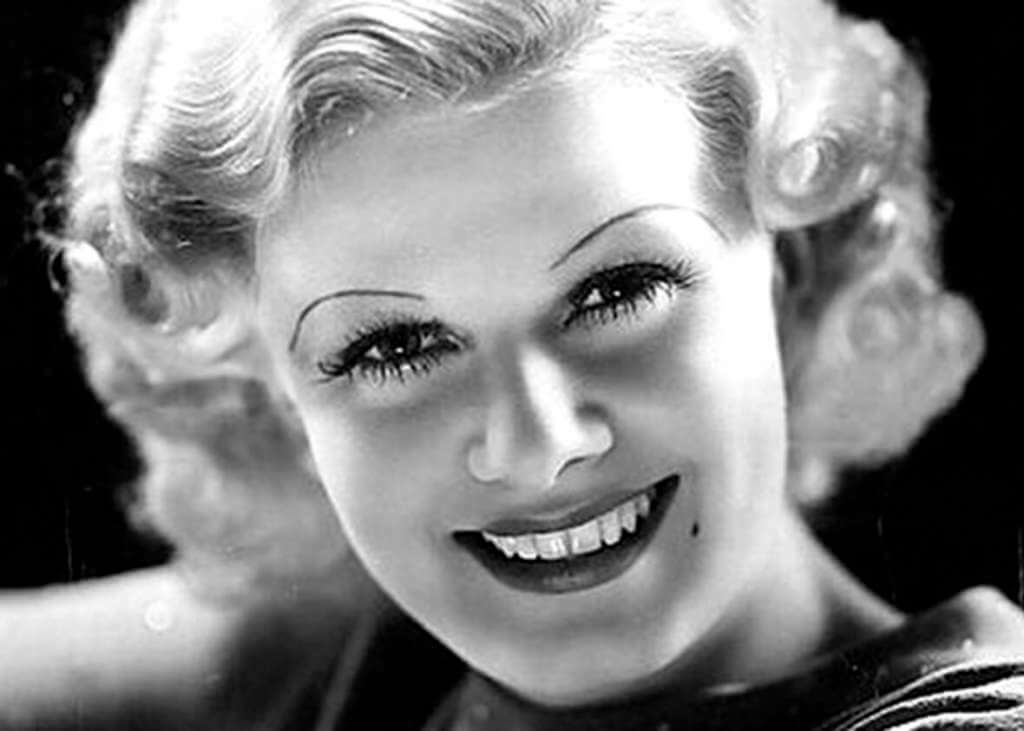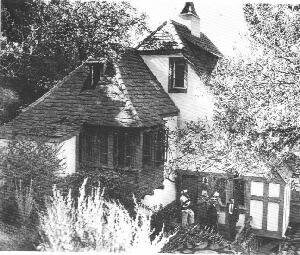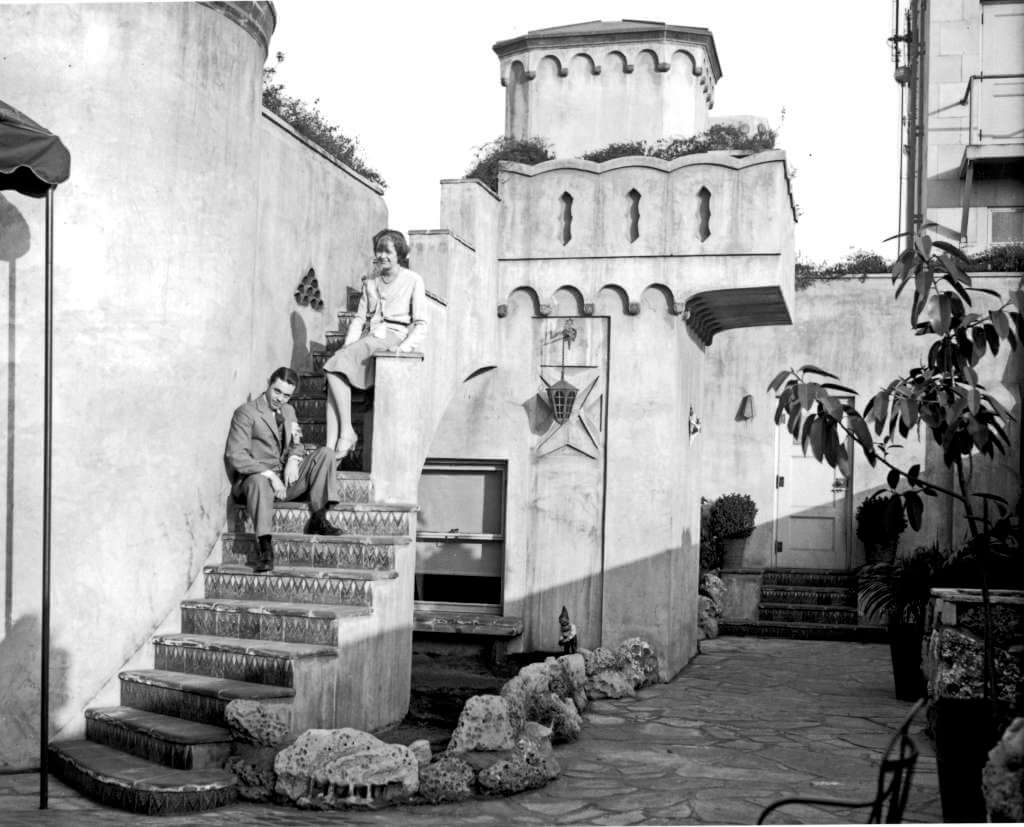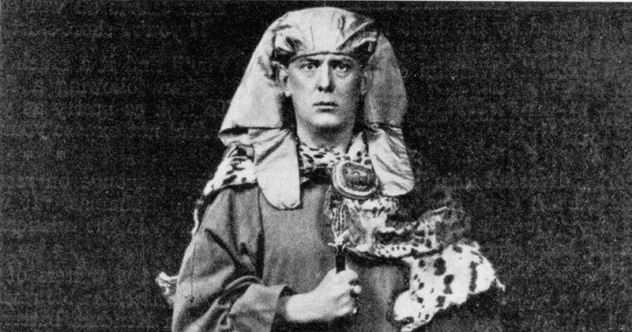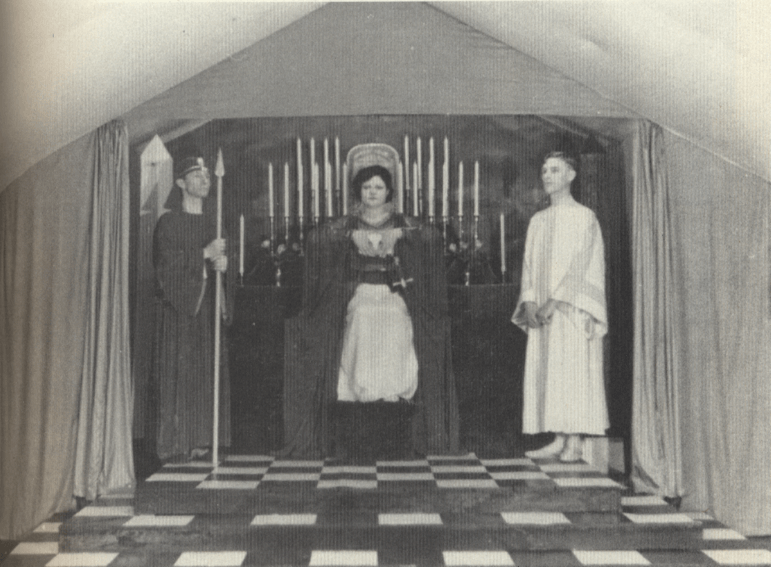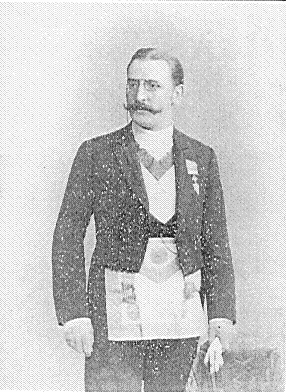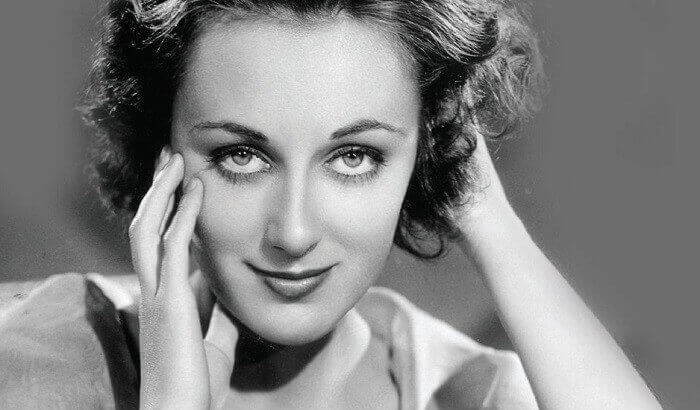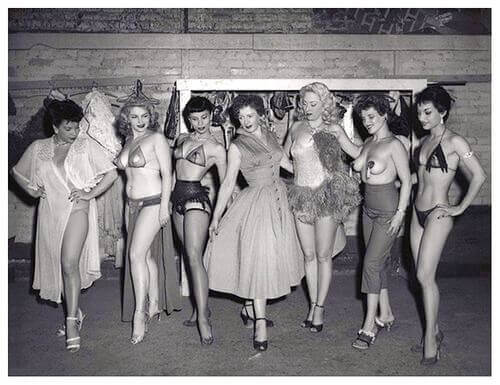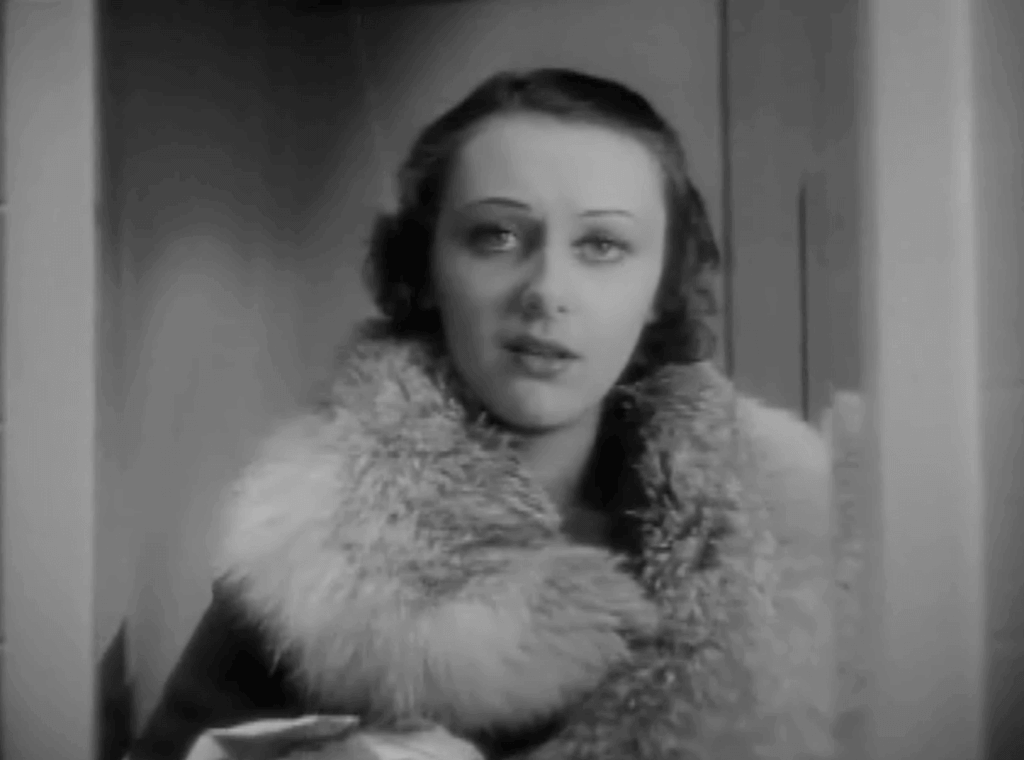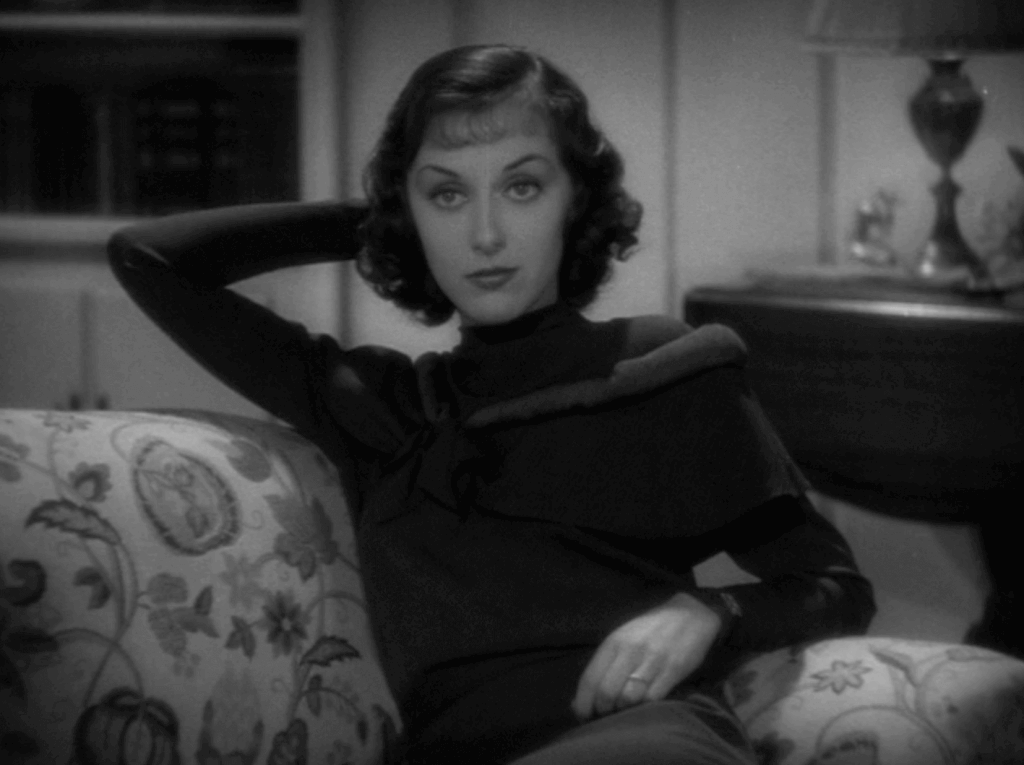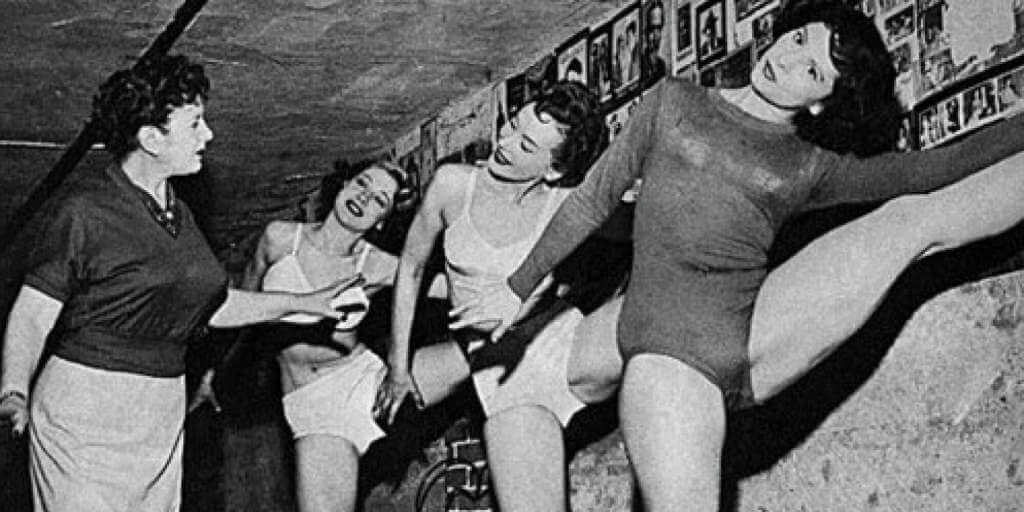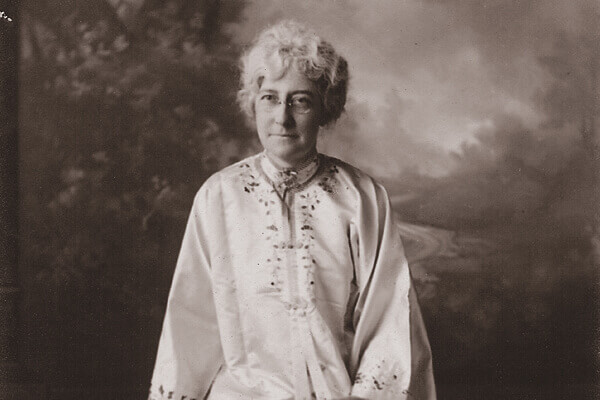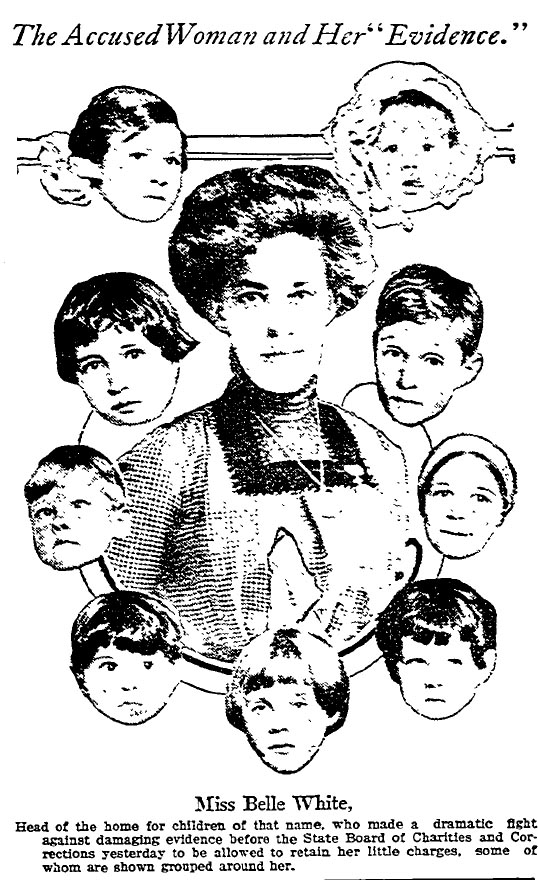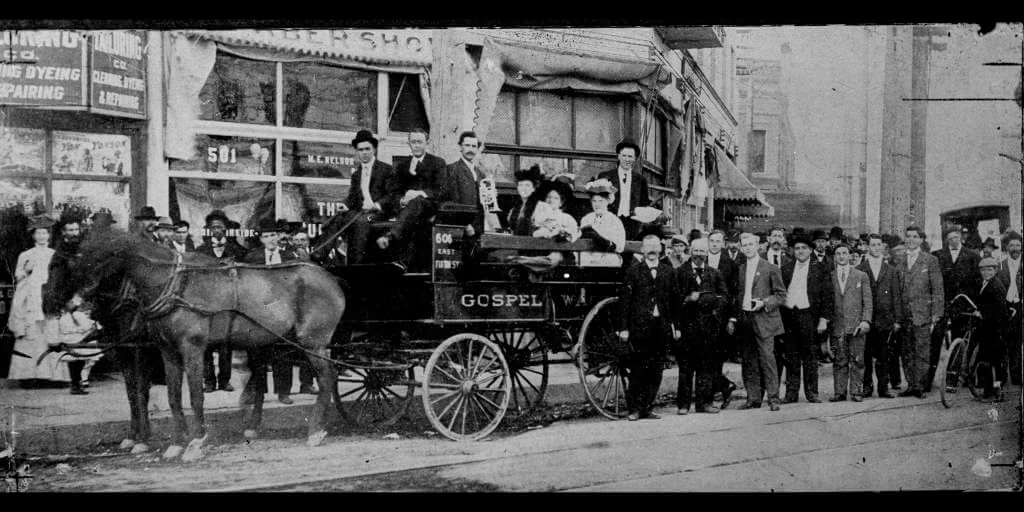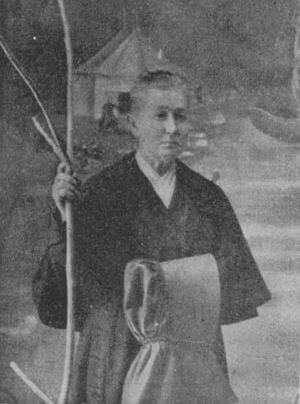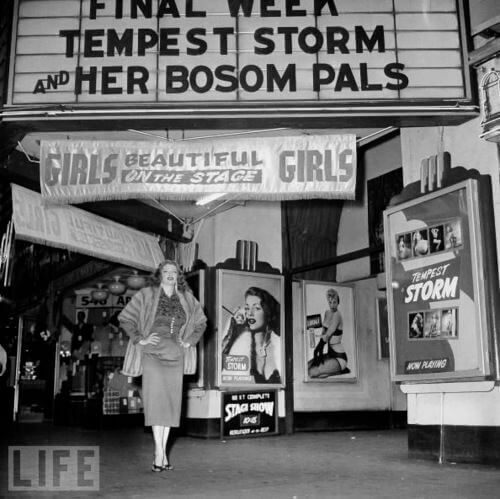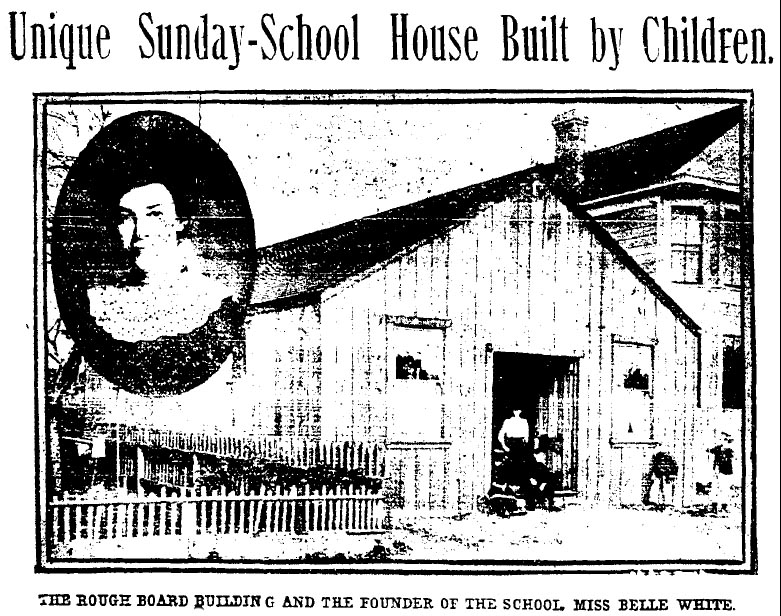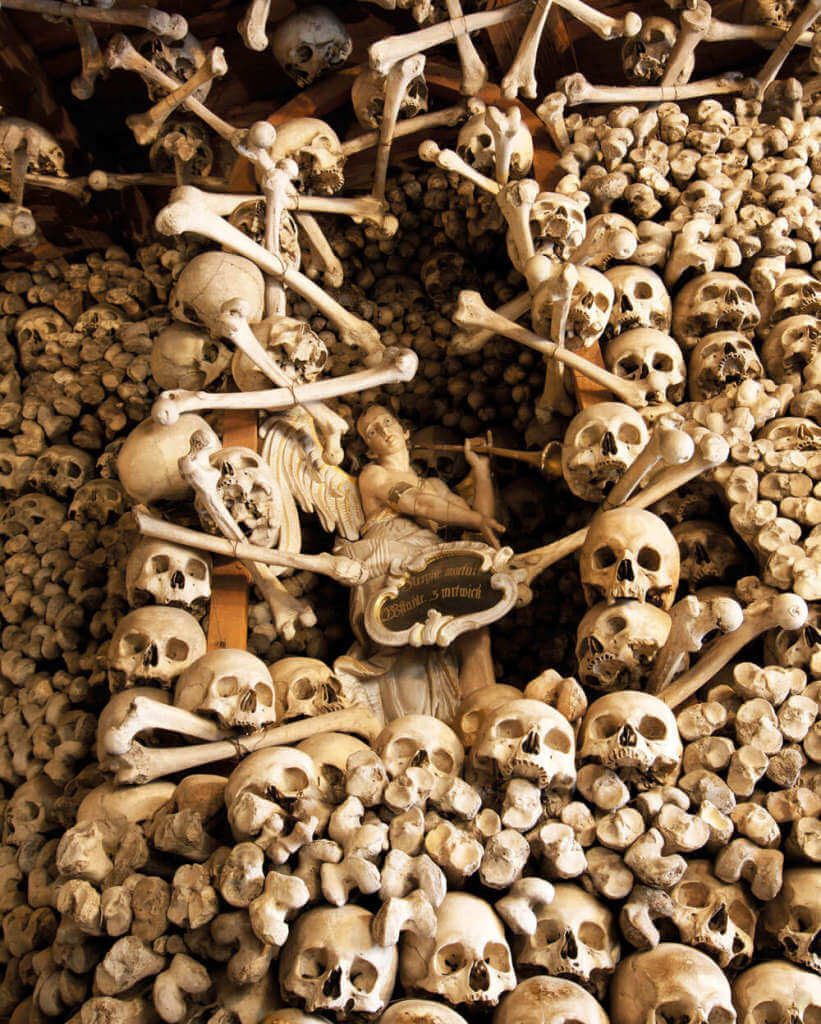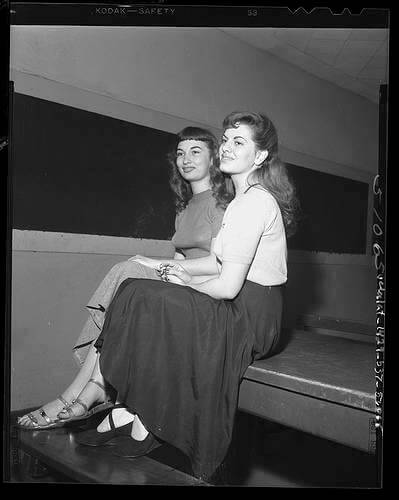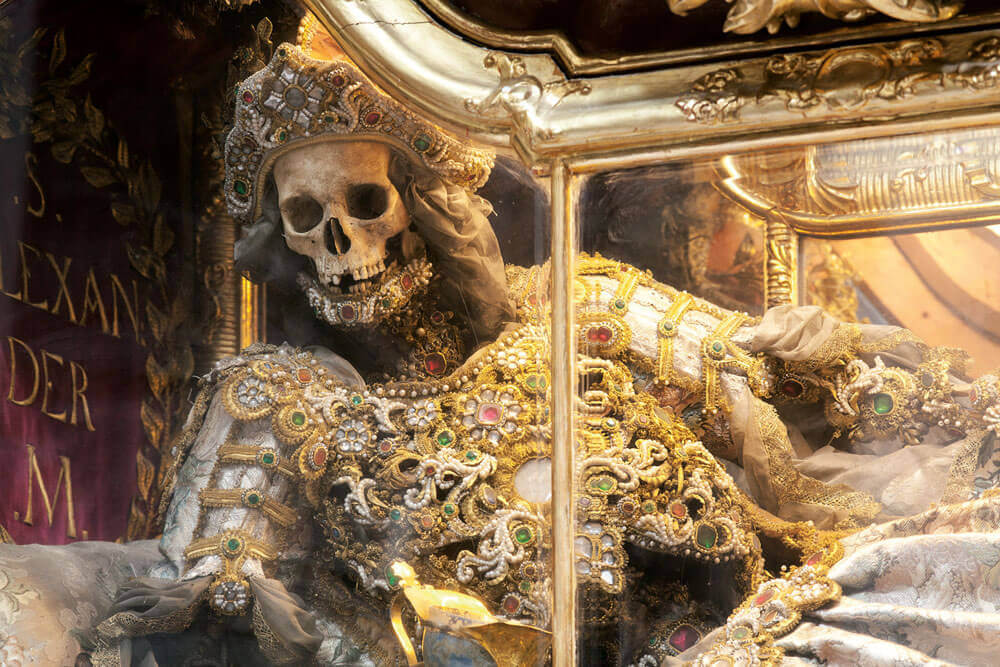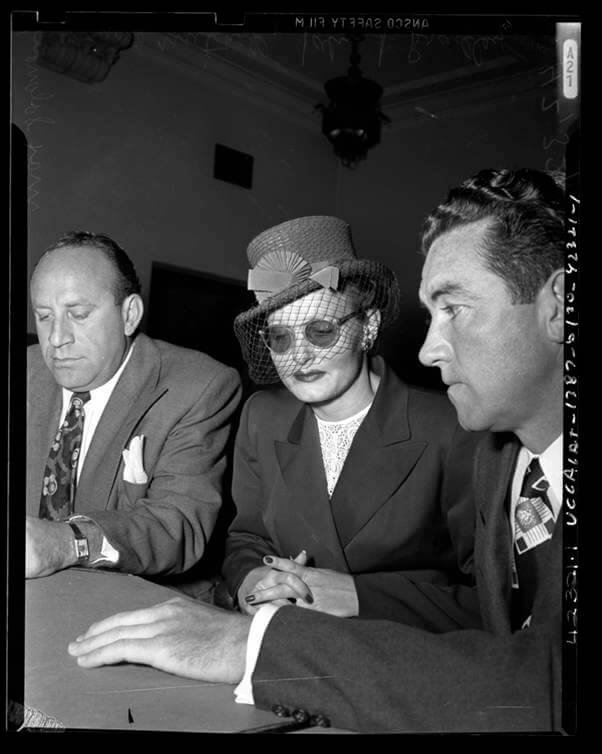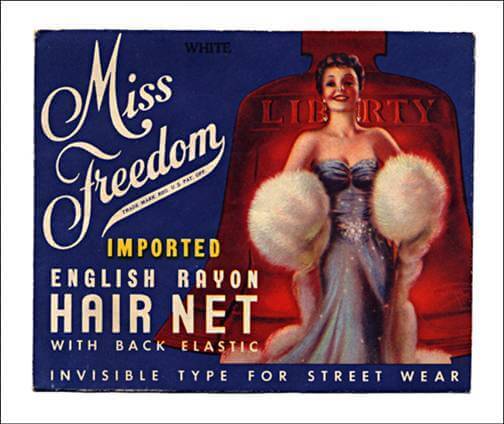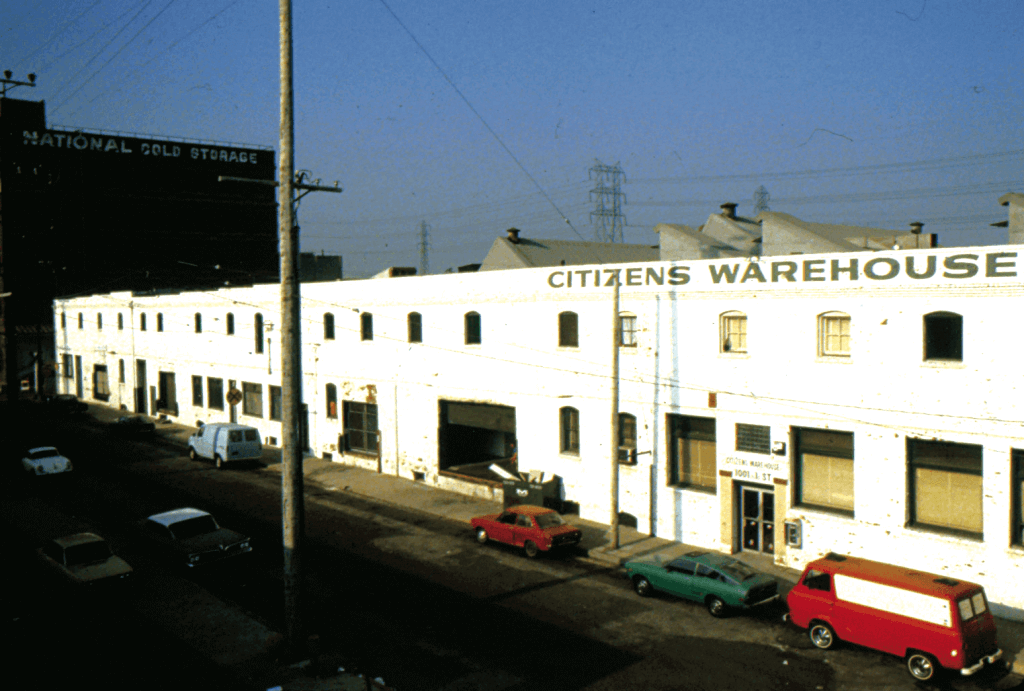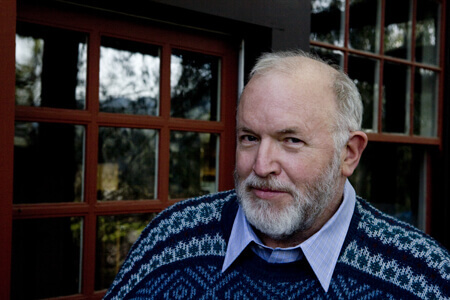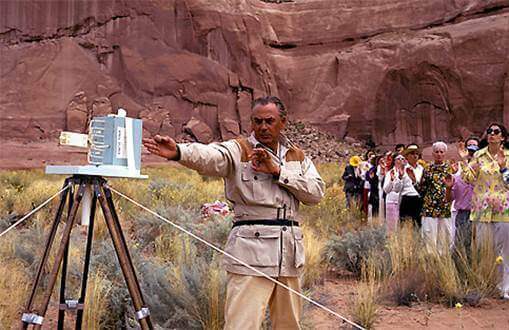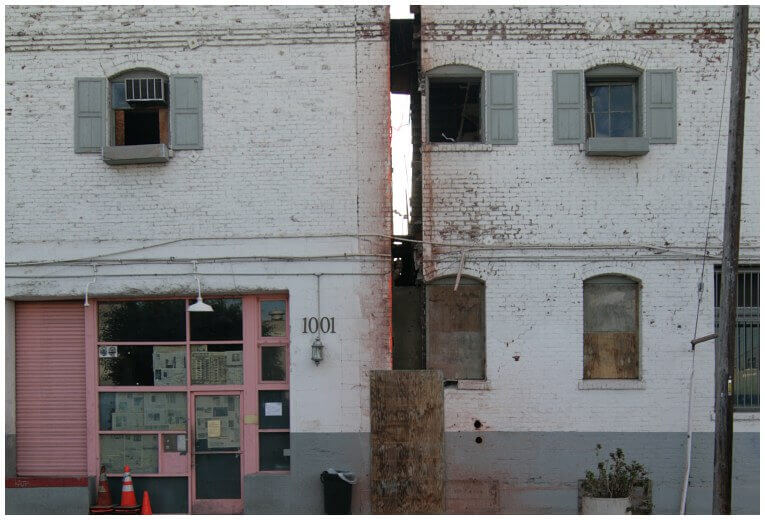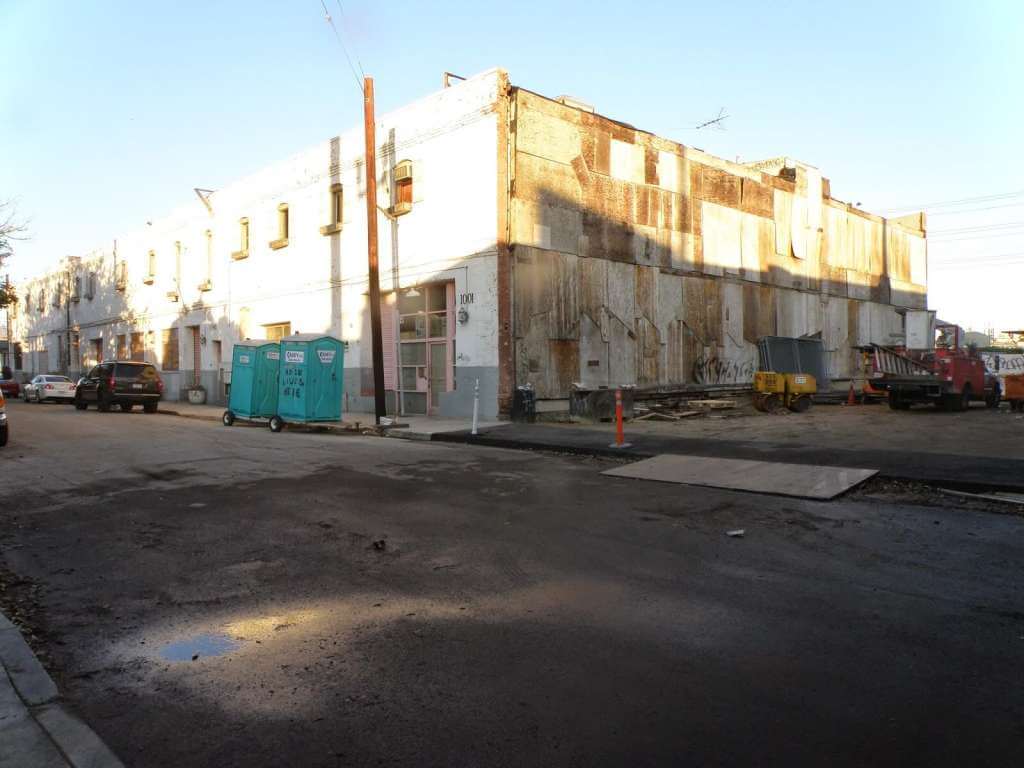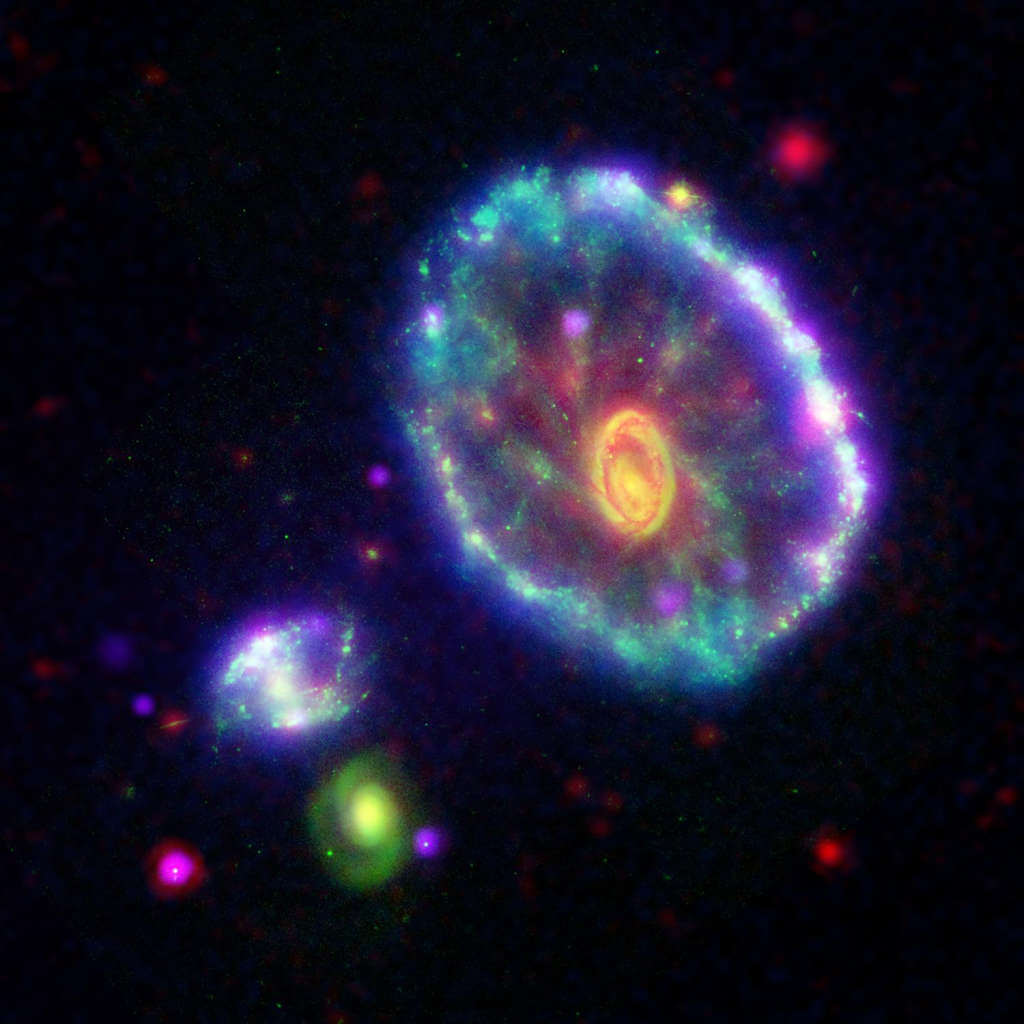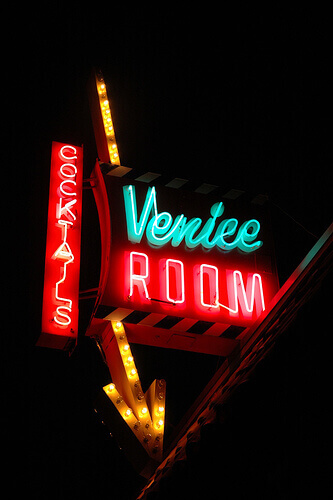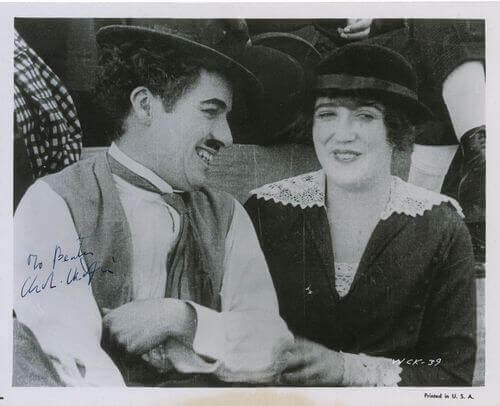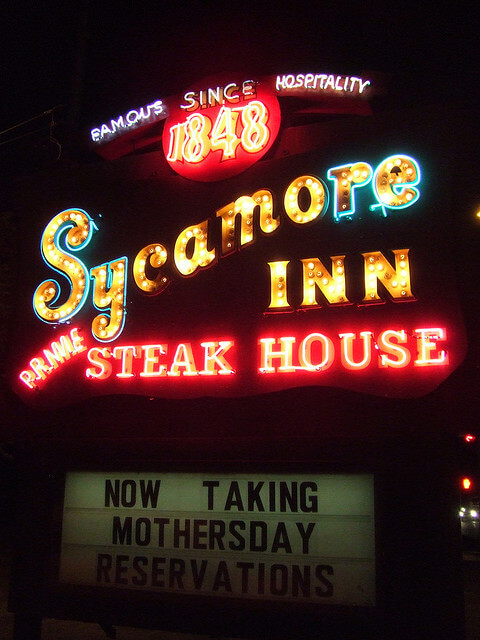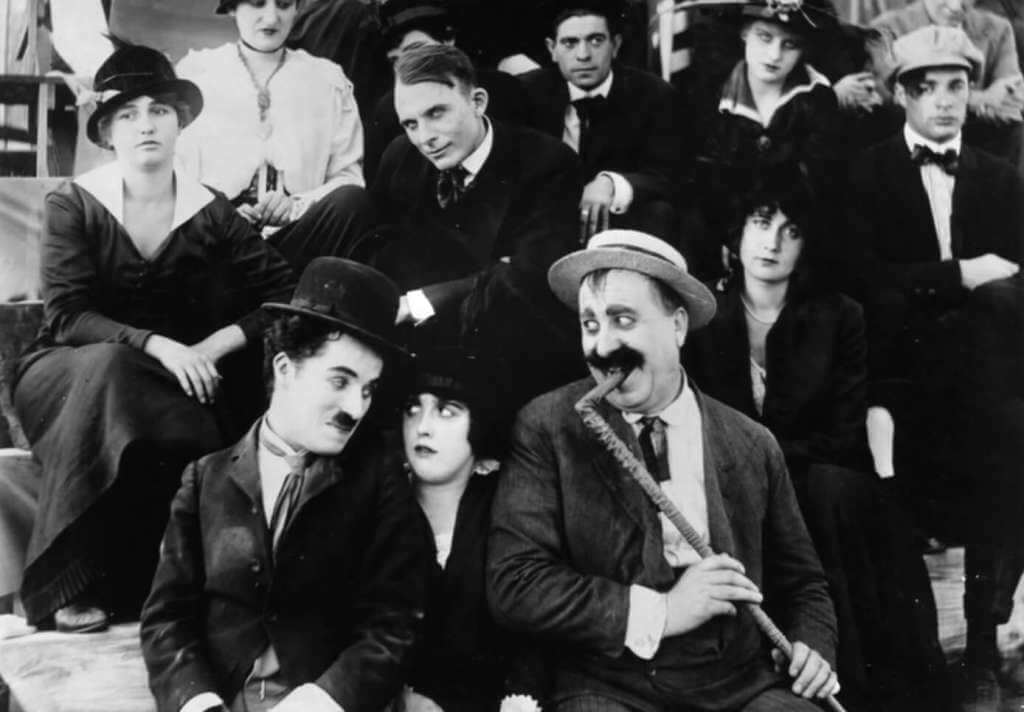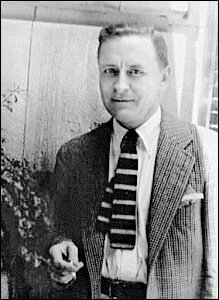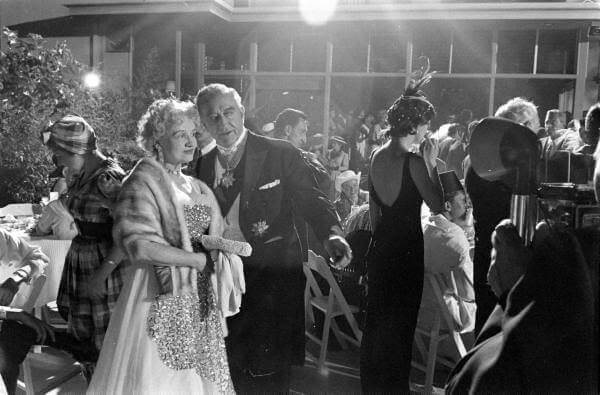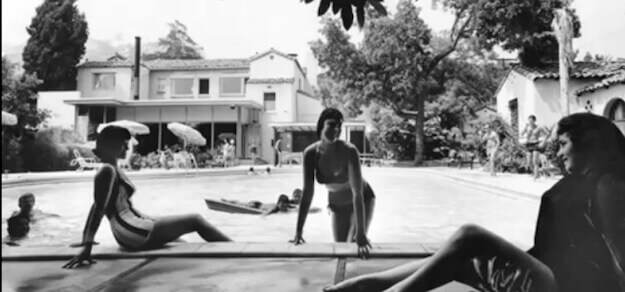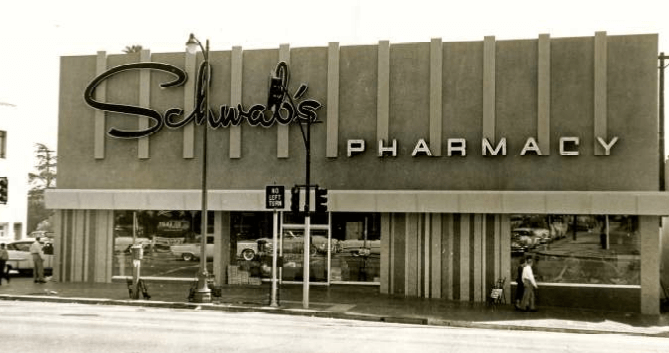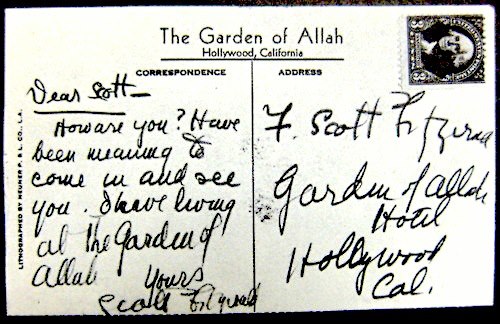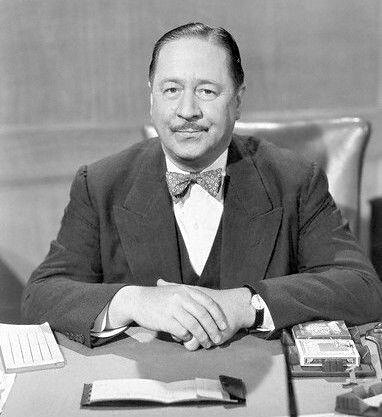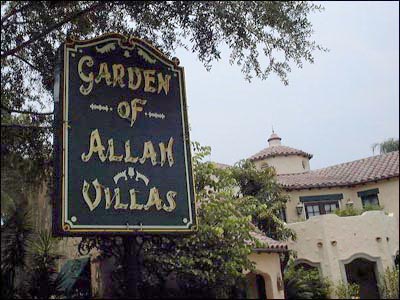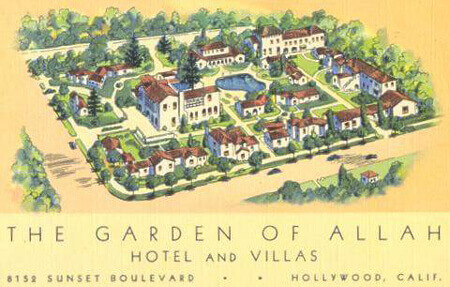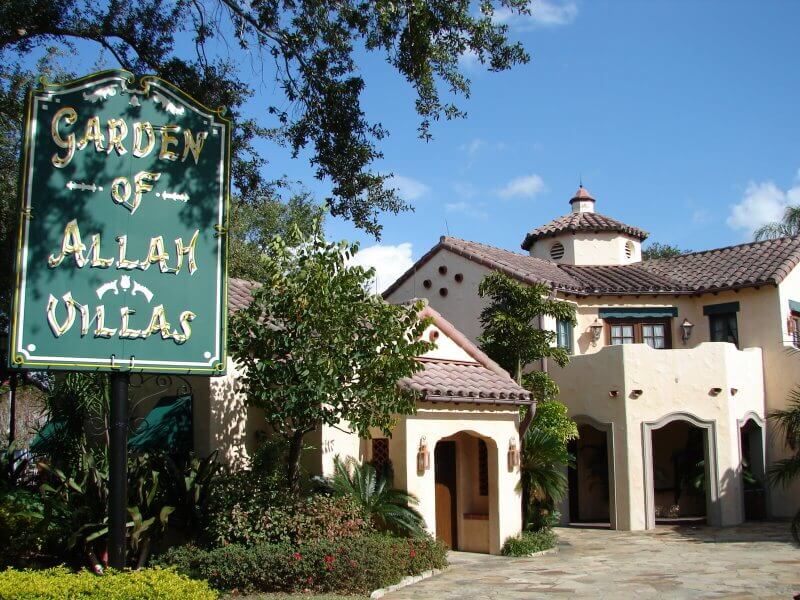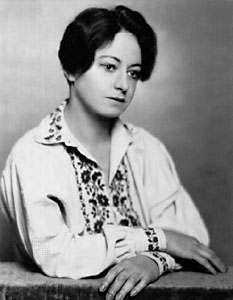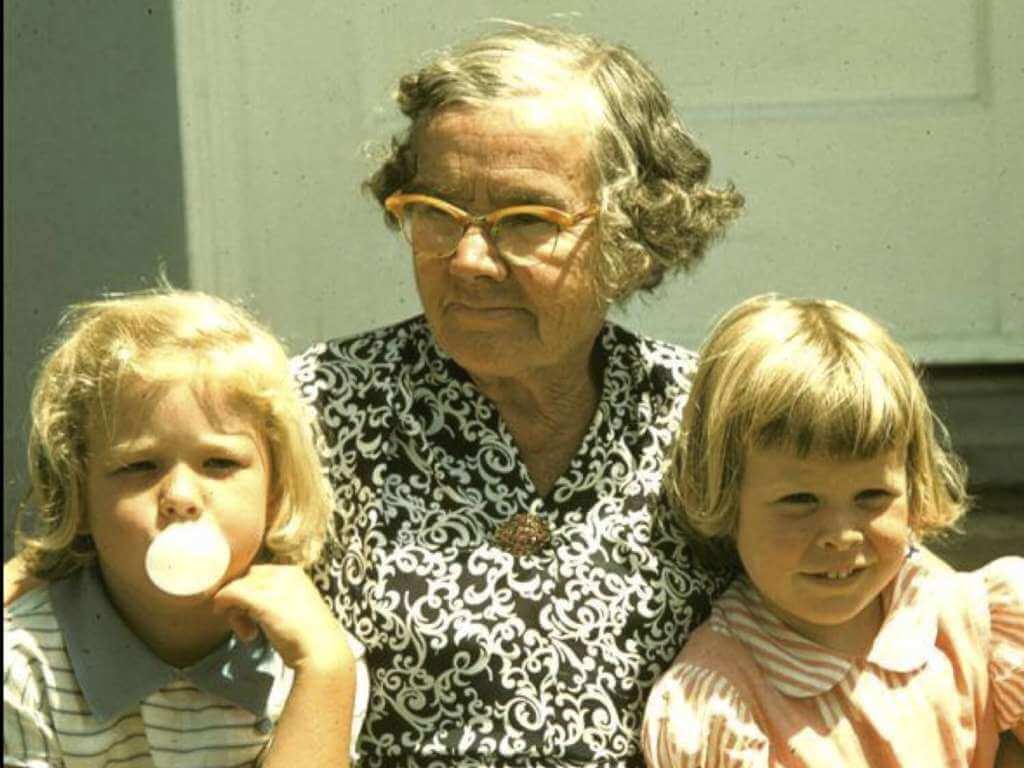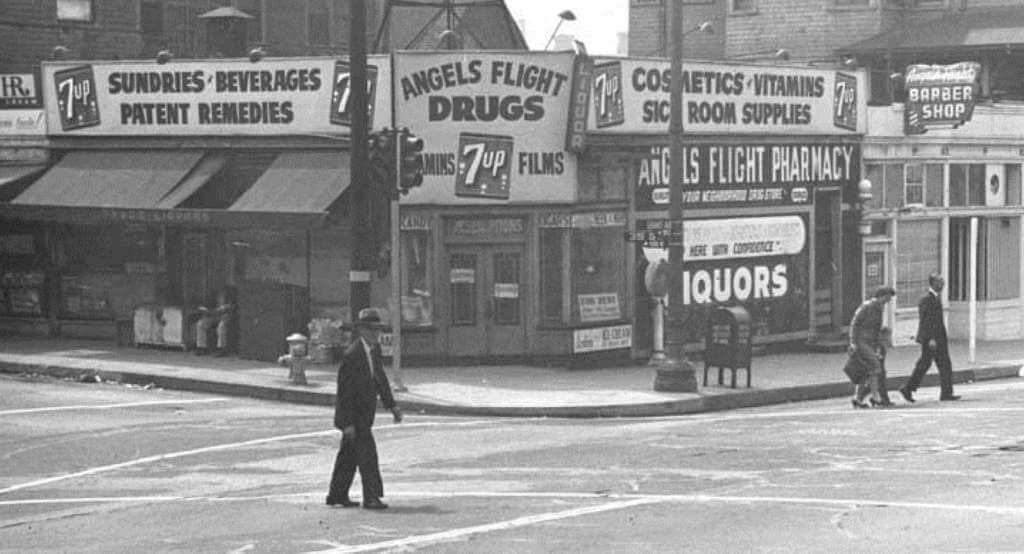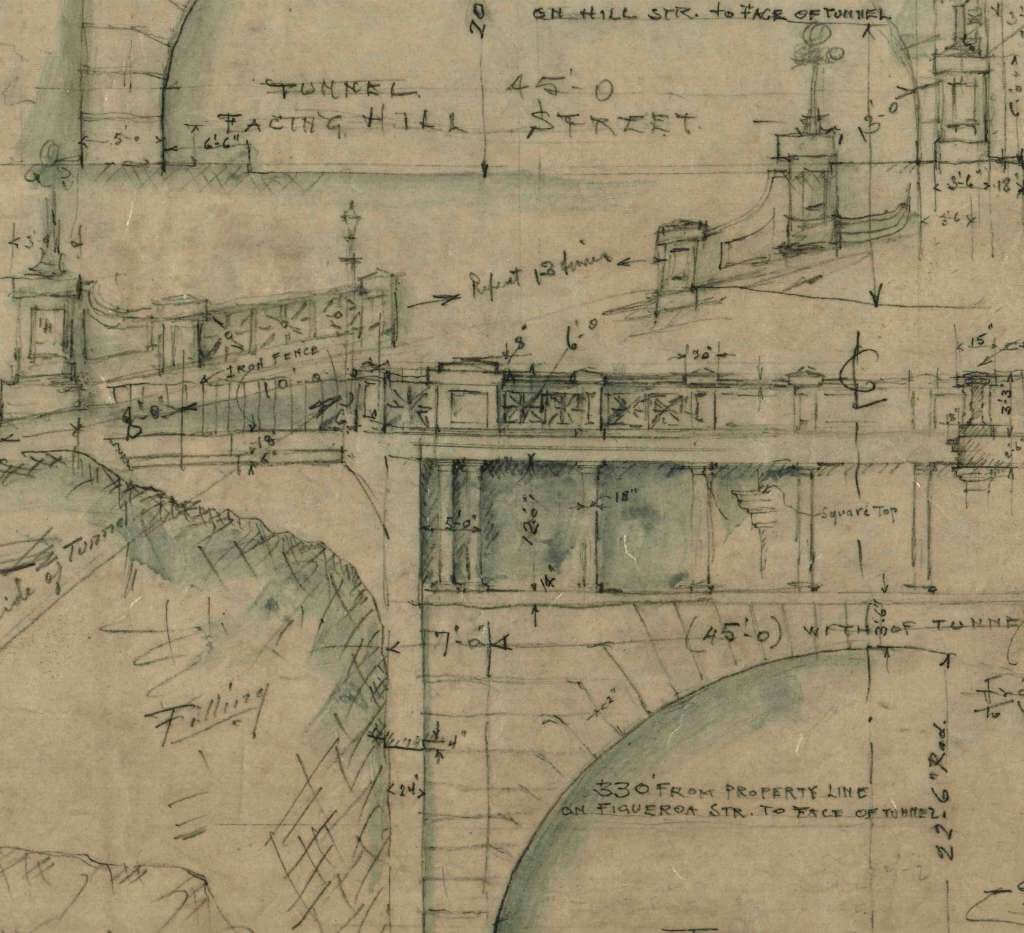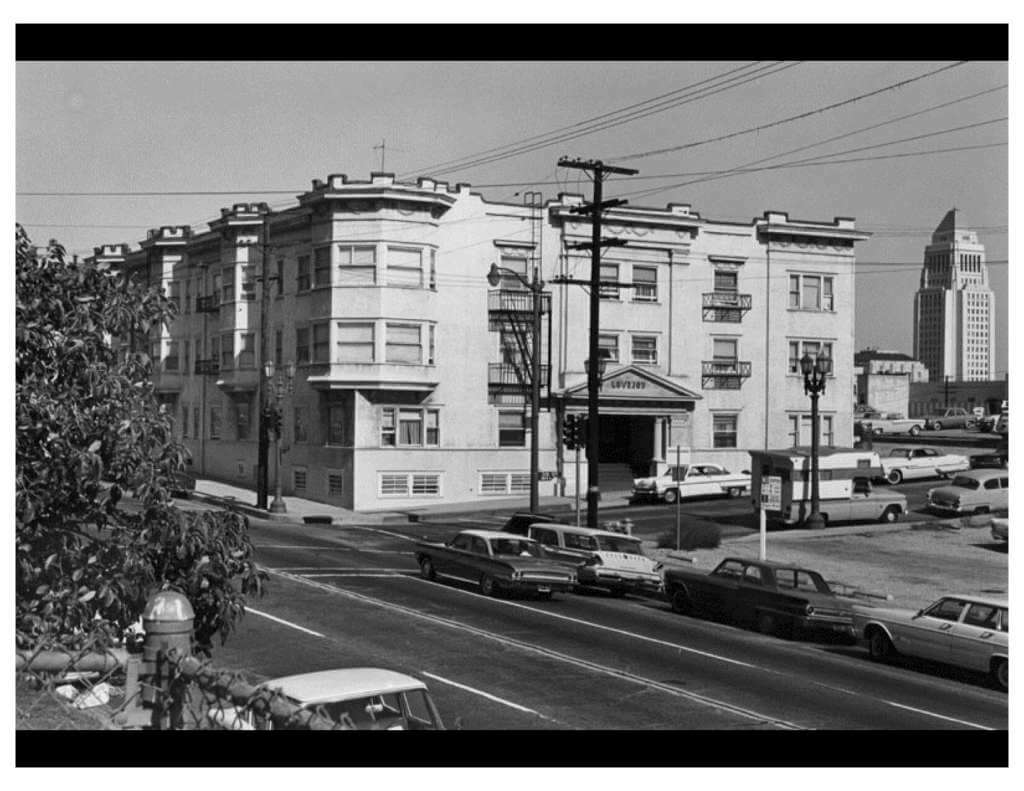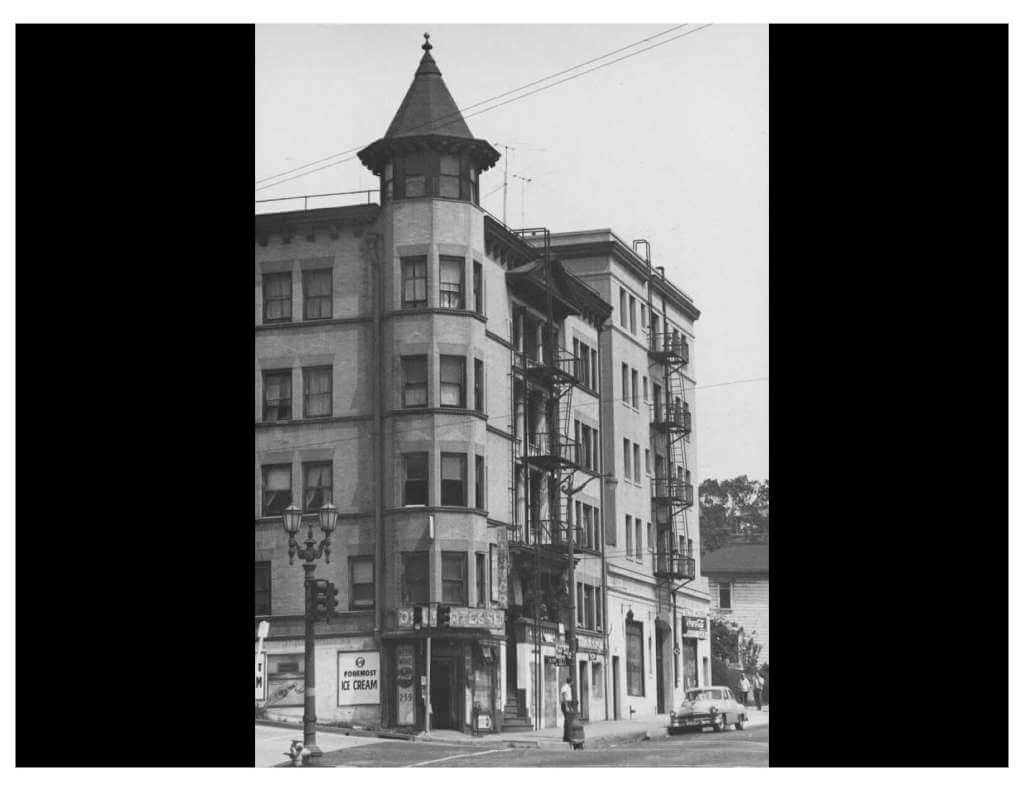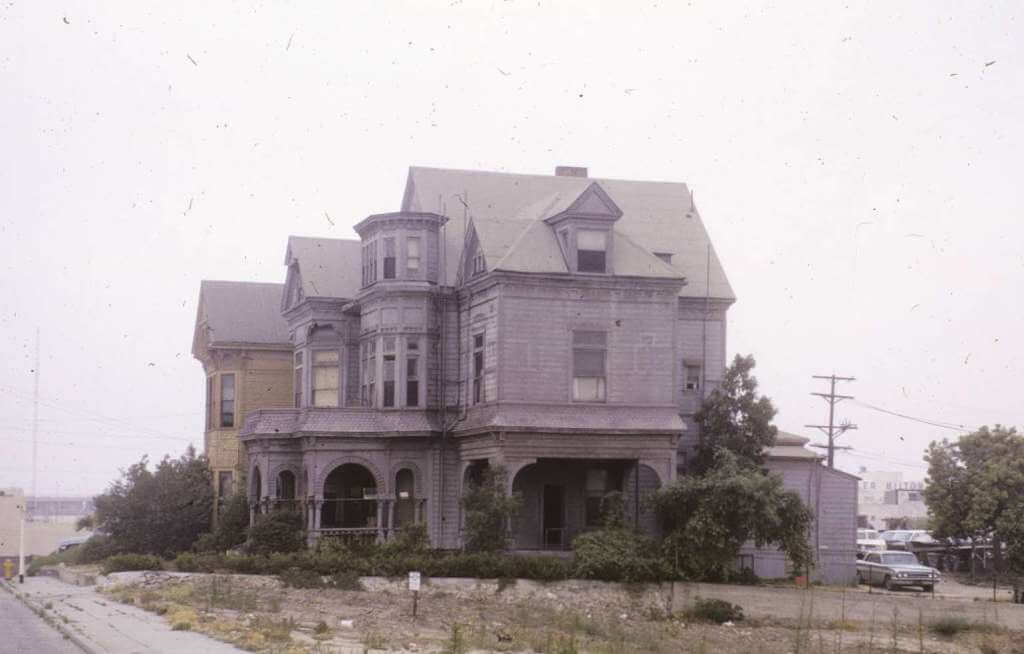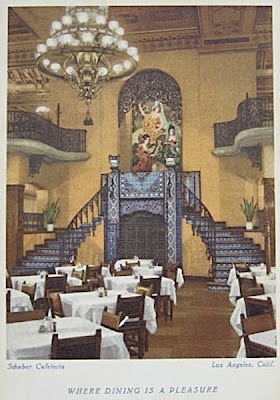LAVA Sunday Salon January 2014
Join LAVA for our revived free monthly Sunday Salon series. We return to South Broadway, to the mezzanine of Les Noces du Figaro, which was recently opened by the family behind Figaro Bistro in Los Feliz. This handsome space was formerly Schaber’s Cafeteria (Charles F. Plummer, 1928), and the mezzanine features wonderful views of the Los Angeles Theatre.
On the last Sunday of each month, LAVA welcomes interested individuals to gather in downtown Los Angeles (noon-2pm), for a structured Salon featuring formal presentations and opportunities to meet and connect with one another.If you’re interested in joining LAVA as a creative contributor or an attendee, we recommend Salon attendance as an introduction to this growing community. We also recommend the eclairs.
Read about the original Sunday Salon at Clifton’s Cafeteria here.
The Salon will be broken into two distinct presentations each lasting about 45 minutes. You are encouraged to arrive early if you wish to order food and beverages from the counter downstairs, and bring your meal upstairs.
Presentation One
Darrell Rooney on Harlow In Hollywood
Harlow. The name resonates. Blonde Bombshell. Platinum Blonde. The labels applied by press agents during Jean Harlow’s seven-year career still carry a charge seventy years later. Harlow created the mold: the first blonde sex symbol who captured the attention of a nation, then touched their hearts with her genuine warmth and candor. At a time when Harlow’s star shone its brightest, Los Angeles and the movies gave birth to a district that exists as much in the mind as on the map. Harlow historian Darrell Rooney, co-author of Harlow In Hollywood (Angel City Press), discusses and presents images on the behind the scenes life of Jean Harlow and the city that helped mold her.
Presentation Two
Marc Chevalier on James Oviatt and the Making of Modern Los Angeles History
Join Marc Chevalier, LAVA’s Visionary of the Year for 2014, as he traces the life of the iconic Angeleno, James Oviatt, the man behind the eponymous building and clothing store. The unfolding of this narrative doubles as Marc’s personal narrative of research, through false leads, dead ends, misinterpretations and out of the blue miracles, until by uncovering the untold story of James Oviatt, Marc Chevalier discovers his own voice, that of a major historian of lost Los Angeles.
Why look to James Oviatt, seller of upscale fashion, early proponent of the Art Deco, Machiavellian schemer and dreamer? Oviatt’s arc is a microcosm of the upwardly mobile in Jazz Age Los Angeles, and his story touches almost every major aspect of culture and commerce in pre-war Los Angeles. His influence is still felt on the city he left behind, and in the worlds of fashion, design, marketing and architecture.

